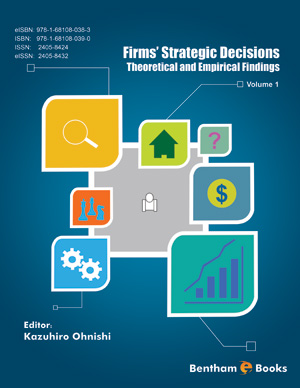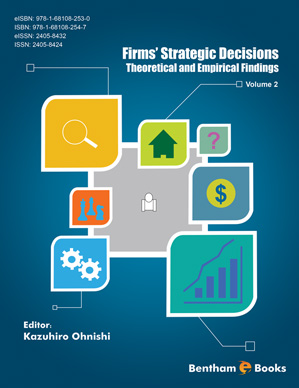Abstract
The Internet is framed as a market design for information with major actors supplying and demanding information, and supply and demand tending toward equilibrium, as a paradigm of a distributed computational system. Concepts of information flows and delivery provisions would reflect game-theoretic models of trade and exchange economies where the mechanism (design) of information flows would adopt the behavior and outcome of mathematical queueing systems. Of particular interest are large scale systems of the Internet type that act and perform as decentralized distributed systems of multi-level control. A prototype economic optimization model is put forward for a network economy with variation in traffic classes, utility parameters, queueing types and equilibrium approaches.
Keywords: Algorithmic Mechanism Design (AMD), Auctions, B-ISDN, Broadband, Buffer Space, Complexity, FIFO, Game-theoretic System, Interdomain Routing, Mechanism Design, Multi-Agent System (MAS), Network Economy, Networking, Optimum Allocations, Pareto Efficient Allocations, Quality of Service, Queueing Model, Traffic Classes, TELNET, Utility Parameters.


.jpg)









